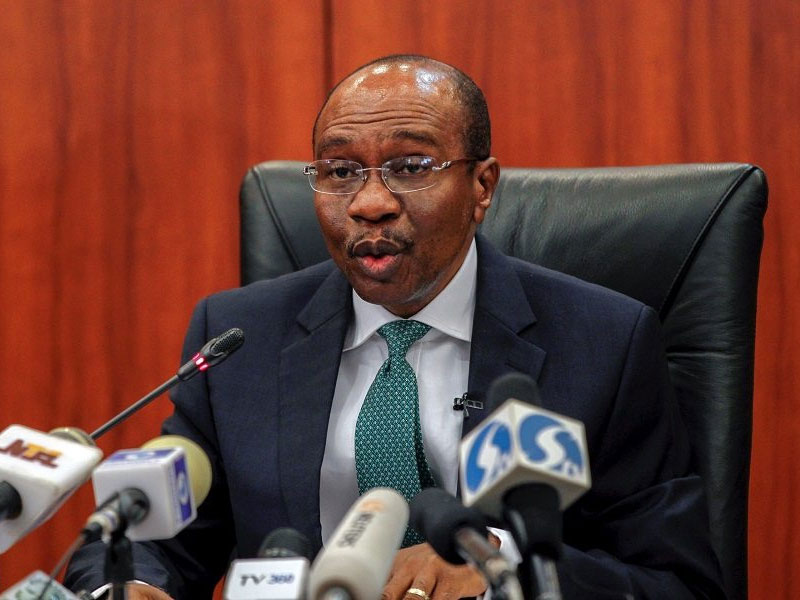On the 26th of October, 2022, the President of Nigeria, Muhammadu Buhari, alongside the governor of the Central Bank of Nigeria, Godwin Emefiele, unveiled Nigeria’s new currency designs.
With the new redesign came some changes in the country’s monetary policies, including a new withdrawal limit. The CBN’s mandated over-the-counter cash withdrawals by individuals and corporate entities were set at N100, 000 and N500, 000, respectively, per week.
However, this policy was met with a lot of backlash from government officials, and as a result, drama ensued. A few days ago, it was alleged that the Department of State Service, DSS, had accused the Governor of the Central Bank of Nigeria of financing terrorism as well as other crimes it described as economic crimes of national security dimension.
This, in turn, sparked a protest amongst government officials who came to the governor’s defence, as the Court subsequently declined to order the arrest of Godwin Emefiele. The office of the DSS neither denied nor confirmed the arrest claims.
Following the entire debacle, the CBN has revised the policy and increased weekly withdrawals for individuals and corporate organizations to N500, 000 and N5 million, respectively.
The CBN admitted that cash transactions are very important to the Nigerian economy at large, seeing as it is the most widely used style of transaction.
An extract from the CBN’s report of the withdrawal revision reads in part; “the CBN recognizes the vital role that cash plays in supporting underserved and rural communities and will ensure an inclusive approach as it implements the transition to a more cashless society. All banks and OFIs are to note that aiding and abetting the circumvention of this policy will attract severe sanctions.”
The new policy would begin to take effect on the 9th of January, 2023, and any cash withdrawal exceeding the limit would attract processing fees of 3% and 5% respectively as opposed to the former penalty of 5% and 10%.







